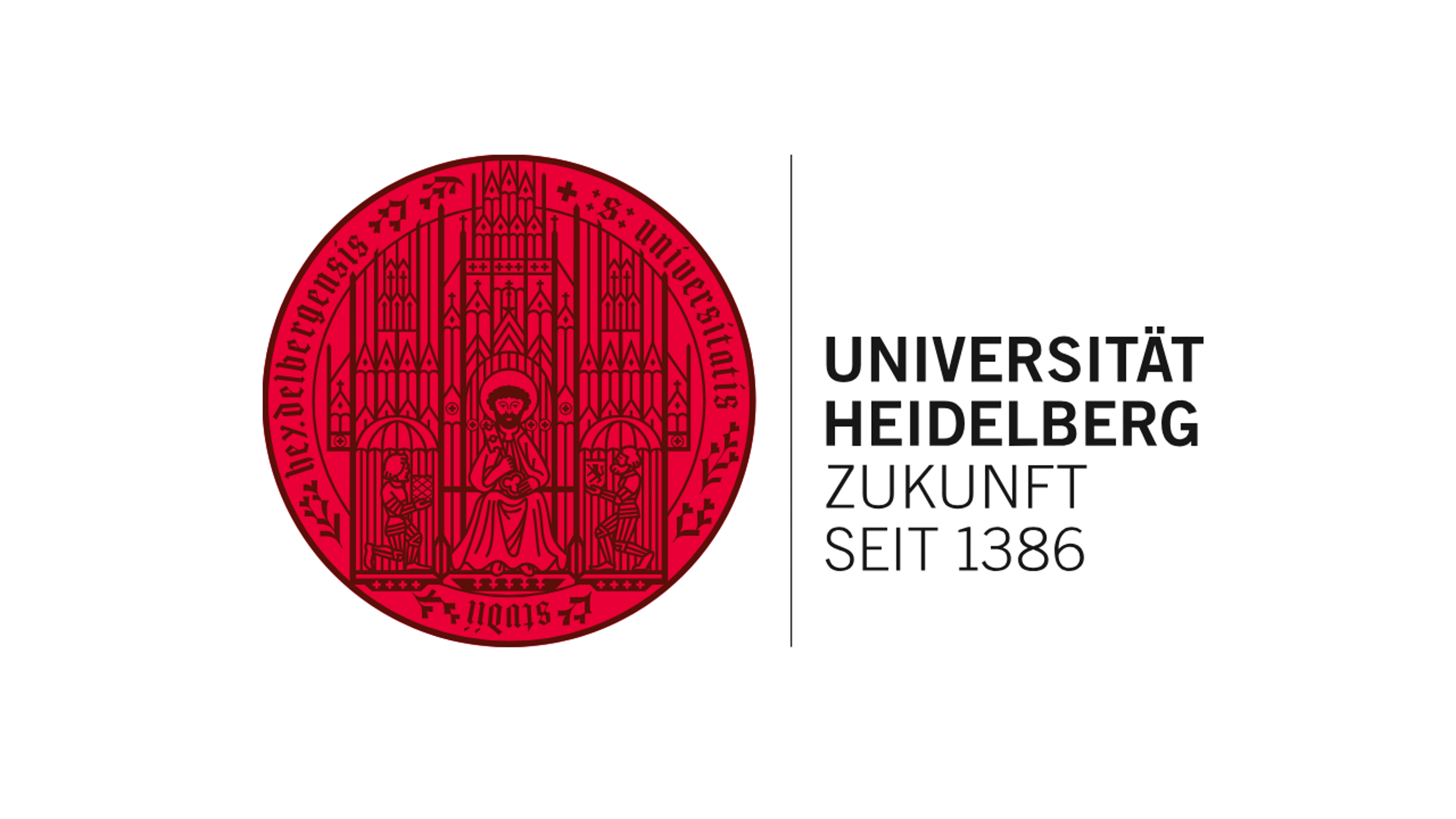
bioRN News

The EIT Health Catapult 9th Edition competition winners were announced on 17 June at HLTH Europe 2025, the conference where global expertise meets local insight to address Europe’s unique healthcare challenges and opportunities. Previous edition winners and finalists have attracted significant interest from leading Life Sciences and HealthTech companies. EIT Health celebrated the next wave of health […]
read more
Parkinson’s disease: gut microbiome reveals environmental chemical footprints
New meta-analysis uses machine learning tools to explore links between the gut microbiome and Parkinson’s disease Summary Parkinson’s disease is a progressive and common neurodegenerative condition, typically characterised by involuntary shaking, stiffness, and slow movement. Beyond these motor symptoms, individuals often experience a range of non-motor issues, including significant gut problems such as constipation, inflammation, […]
read more
ERC ADVANCED GRANT VALUABLE FUNDING FOR FIVE RESEARCHERS AT UNIVERSITÄT HEIDELBERG
THE EUROPEAN RESEARCH COUNCIL FINANCES GROUNDBREAKING PROJECTS WITH ERC ADVANCED GRANTS Five scientists from Heidelberg University are each receiving valuable funding from the European Research Council (ERC), an ERC Advanced Grant. These grants are intended for top-flight researchers who are pursuing groundbreaking projects with their work. Two of the grants go to Prof. Dr Loredana […]
read more
Hector Foundation Prize 2025 for Annika Reinke: “Metrics Reloaded” improves the quality of AI-supported image analysis
Computer scientist Annika Reinke from the German Cancer Research Center (DKFZ) has been awarded the Hector Foundation Prize 2025, endowed with €10,000, for her outstanding work in the field of AI-supported medical image analysis. She received the award for the project Metrics Reloaded, which can significantly improve the quality and reliability of AI-supported image analysis. […]
read more
Novel laboratory models pave the way for targeted therapies for childhood sarcomas
Sarcomas in soft tissue usually occur in young people and are particularly difficult to treat. Due to a lack of laboratory models, the causes of their development are still poorly understood. A team of researchers from the Hopp Children’s Cancer Centre Heidelberg (KiTZ), the German Cancer Research Centre (DKFZ) and Heidelberg University Hospital (UKHD) has […]
read more
KEY PROTEINS FOR MALARIA REPRODUCTION FOUND IN THE MOSQUITO
How can the malaria pathogen be prevented from multiplying successfully? Dr Franziska Hentzschel, a scientist at the Medical Faculty of Heidelberg University, has discovered a new approach to this. Her research is reported in the current issue of the renowned journal ‘Nature Microbiology’. Malaria is triggered by the single-celled parasite Plasmodium, which is transmitted to humans […]
read more
PEPperPRINT GmbH launches cLIFT technology for next-generation peptide microarrays
Heidelberg, 10th of June 2025 – PEPperPRINT, a global leader in peptide microarray technology, celebrates its 15th anniversary with the launch of its next-generation peptide microarray platform: cLIFT, short for combinatorial Laser-Induced Forward Transfer. The new technology dramatically expands peptide printing capabilities and paves the way for innovative biomedical research applications. Developed in collaboration with Dr. Felix Loeffler of […]
read more
Colorectal cancer screening via smartphone?
Colorectal cancer screening programs are currently underutilized in Germany. This also applies to testing for blood in the stool. The immunological stool tests can detect tiny amounts of blood in the stool. Scientists at the German Cancer Research Center (DKFZ) have investigated whether smartphone-based testing could be a meaningful alternative or supplement to traditional laboratory […]
read more
HOW DO CANCER CELLS BECOME RESISTANT? WILHELM SANDER FOUNDATION FUNDS TWO RESEARCH PROJECTS AT MFHD AND UKHD
Cancer cells can become resistant to treatment: Drugs that were previously successful in combating the tumour then lose their effect. Two research teams from Heidelberg University’s Faculty of Medicine (MFHD) and Heidelberg University Hospital (UKHD) are currently trying to decipher how this ‘therapy resistance’ develops. The team led by Prof Dr Kai Breuhahn and Dr […]
read more
